Abusive, toxic, and controlling parents are almost synonymous terms used interchangeably. There are a few signs to recognize the signs of typical abusive parents.
- Parents are not supportive
- Parents take advantage of you for financial purposes
- Parents withhold their love
- Parents humiliate you in front of others
- Parents control each of your activity
- Parents keep on saying they’re not proud of you
You might have also seen abusive fathers’ impact on daughters and abusive fathers’ impact on sons too.
Make sure to find out these signs early in life. If you find one, confront your concerns and get out of the situation as early as possible. Let’s know more about the impacts of abusing parenting on kids:
1. Behavioral consequences
- Juvenile delinquency: Quite a few times, improper parental control might force the child to get involved in criminal acts and antisocial behaviour.
- Alcohol and drug abuse: Consuming too much alcohol at an early stage leads to impaired thinking and affects general health, social and behavioural development.
2. Psychological consequences
- Post-traumatic stress: Post-traumatic stress disorder (PTSD) mainly occurs if a child keeps on experiencing traumatic experiences repeatedly.
- Difficulty to cope: If a child experiences abuse or any other toxic behaviour from their parent’s end, that child finds it challenging to grow normally. They struggle to cope up with the changes around them.
- Degradation of mental and emotional health: Abusive parenting affects the child’s mental health and emotional health.
3. Physical health consequences
Though there are so many behavioural and psychological consequences, you can’t ignore the physical health consequences. The most common physical health consequences that you might get see are:
● High blood pressure
● Diabetes
● Malnutrition
● Brain damage
● Vision problem
● Migraine headaches
● Chronic fatigue syndrome
● COPD (chronic obstructive pulmonary diseases)
● Functional limitations
● Cancer
4. Eating disorder
Bulimia nervosa and anorexia nervosa are common eating disorders you might get to see. Other conditions like anger, depression, and anxiety may arise too.
Final thoughts
Talk to your child, attend family therapy and set the boundaries to give them a healthy childhood.











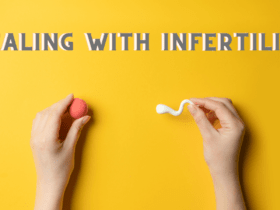


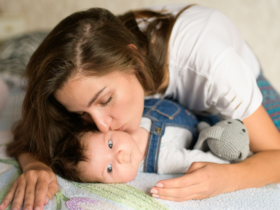


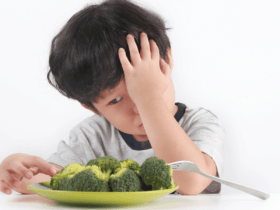

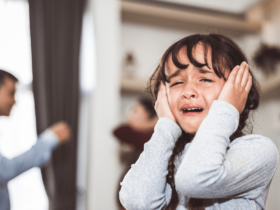









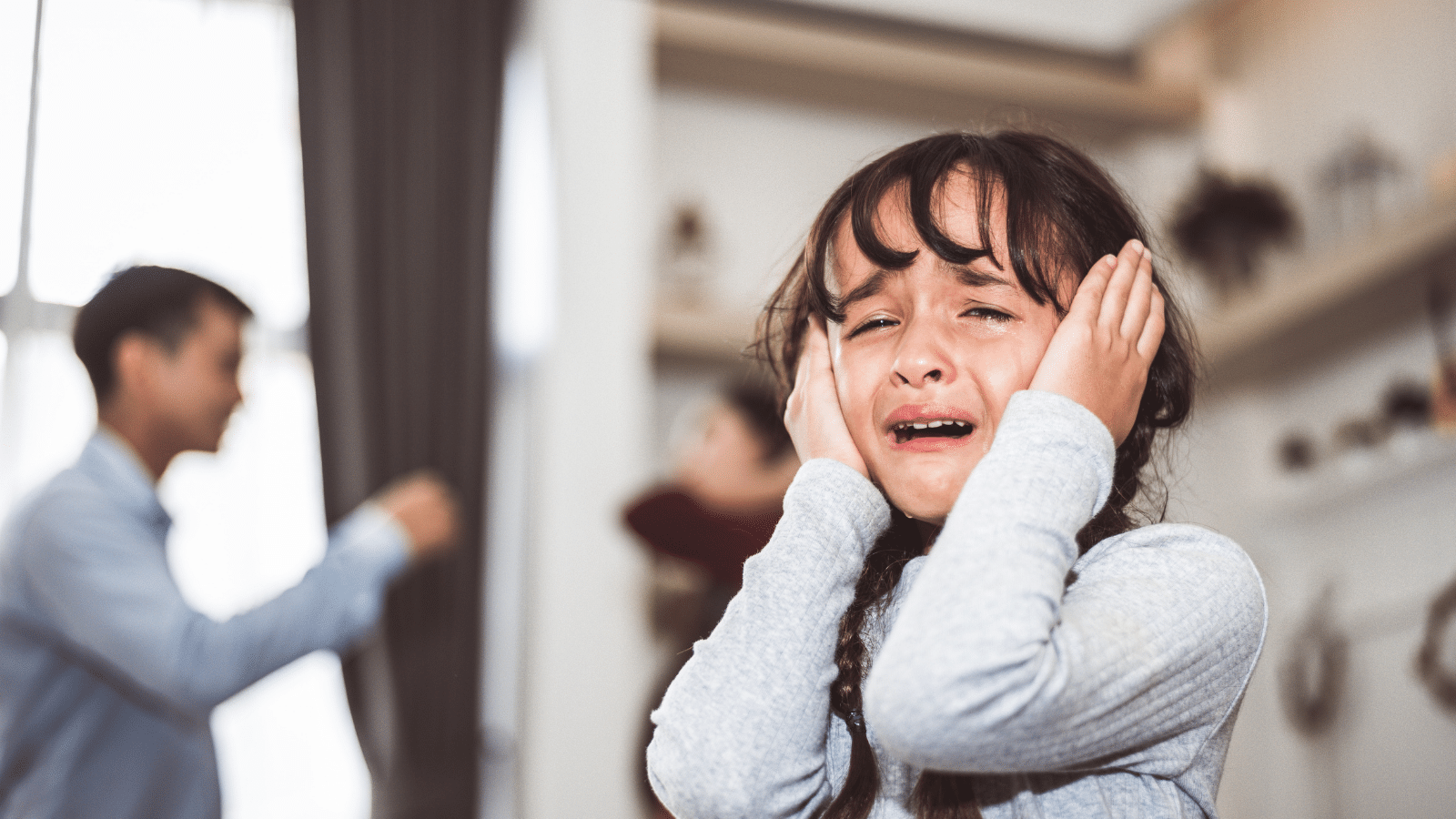




Leave a Reply
View Comments